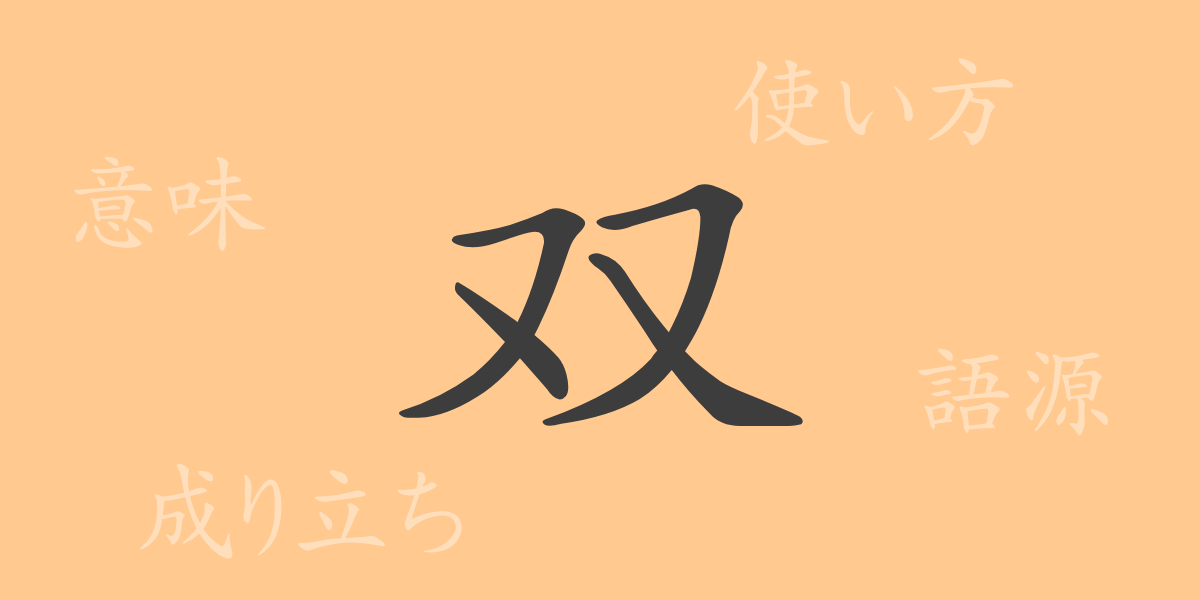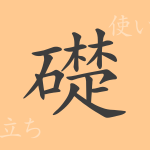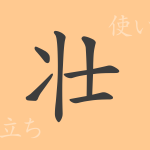Japanese written culture is deeply historical, with Kanji at its core. Among these, the Kanji “双” (ソウ) is closely related to the daily lives of the Japanese people, yet its origins and diverse uses are often less explored. This article will delve into the etymology, meanings, and usages of “双” (ソウ), enriching our understanding of this character’s charm from idioms to everyday phrases.
Origins of 双 (ソウ)
The Kanji “双” (ソウ) evolved from an ancient Chinese pictogram representing a pair of items. Originally depicted as two hands, it symbolized paired items. Over time, while becoming more abstract, its fundamental meaning of denoting pairs has remained unchanged.
Meaning and Usage of 双 (ソウ)
“双” (ソウ) primarily means ‘a pair.’ It describes things that come in twos or are inherently paired. It is used as a counting prefix and appears in terms such as “双子” (ふたご – twins) and “双葉” (ふたば – twin leaves), referring to paired items in nature and daily life.
Readings, Stroke Count, and Radical of 双 (ソウ)
The Kanji “双” (ソウ) is basic knowledge in Japanese literacy.
- Readings: On’yomi (Sino-Japanese reading) is “ソウ” (ソウ), Kun’yomi (native Japanese reading) is “ふた” (フタ).
- Stroke Count: A total of 8 strokes.
- Radical: The radical is “又” (またヘン), related to the concept of ‘again’ or repetitive actions.
Phrases, Idioms, and Proverbs Using 双 (ソウ) and Their Meanings
There are many idioms and phrases involving “双” (ソウ), which utilize its unique meanings:
- 双子 (ふたご) – Refers to twins, or two children born in the same birth.
- 双葉 (ふたば) – Young twin leaves of a plant; metaphorically, it also denotes the beginning or early stage of something.
- 双六 (すごろく) – An ancient Japanese board game.
- 双方 (そうほう) – Referring to two sides or parties.
- 一対双 (いっついそう) – A pair, often used to describe two things that are very similar or a matching set.
Summary on 双 (ソウ)
The meanings embedded in each Kanji are profound, and the use of “双” (ソウ) in the Japanese language beautifully expresses the aesthetics and harmony of pairs. From everyday conversation to literary works and idiomatic expressions, the applications of “双” (ソウ) are extensive, underscoring its significance in Japanese culture. Through this article, we hope your understanding of the Kanji “双” (ソウ) is deepened, contributing to a richer expression in Japanese.

























